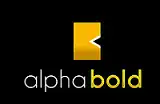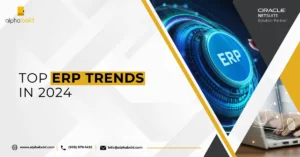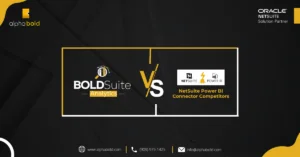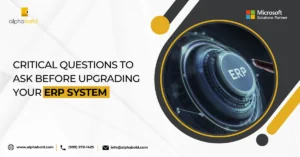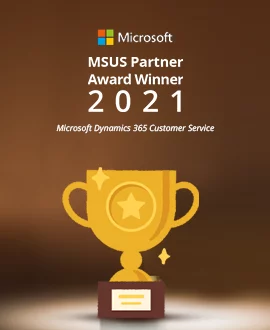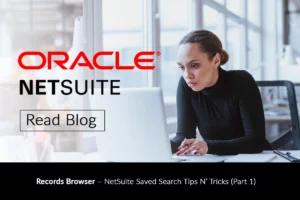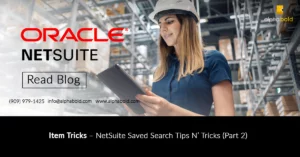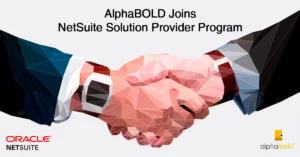Introduction
Some of you are familiar with SuiteSuccess methodology and how its tailored solutions, including NetSuite for Food and Beverage, help companies with various industry-specific needs. You can find out more on our SuiteSuccess page.
In this article, I will focus on the Food and Beverage Industry and how NetSuite’s F&B SuiteSuccess can meet this industry’s unique needs. Aside from the advanced ERP functionality you will natively get in NetSuite, SuiteSuccess Food and Beverage (SS F&B) offers a preconfigured setup tailored to this industry.
Further in this blog, I will cover some common industry-specific scenarios and explain how NetSuite can handle them.
Shelf Life Tracking
A food distributor may need to assign lots to their customer based on shelf life requirements, including average transport time. For example, Costco will accept eggs 3 weeks before the expiration date, but Whole Foods will only accept eggs no less than 2 weeks prior.
Furthermore, when customers call before placing a sales order, they want to see what products are available on shelf life.
Lastly, when the salesperson enters orders for customers with shelf life requirements, they wish to be notified if the number of days in shelf life is lower than the customer’s requirement.
Read more: Why Consider a NetSuite Consultant for Integration
Handling in NetSuite:
In the SS F&B version of NetSuite, you store the required shelf life information in the customer record. When a Sales Order is created, this information is visible directly on the order.
As the sales rep adds items to their order, they will be notified if any of the lots in the system for a given SKU have less shelf life than the customer requires.
Lastly, when the customer calls, a sales rep or a customer service rep can access the following Saved Search in the system to review the shelf-life and available quantities of the perishable goods they carry.
Elevate your Food & Beverage Business!
Are you inspired to transform your food and beverage business with comprehensive ERP solutions? Embark on your journey to operational excellence and unparalleled growth with NetSuite SuiteSuccess. Discover how you can streamline your processes from farm to table. Let's unlock your business's full potential together.
Request a DemoVendor Certifications
In the Food Industry, food processing companies must track their suppliers to ensure compliance with FDA standards. Vendors typically send copies of their certifications, and the processors track certification expiry dates. The processors should not order food products from Vendors with expired certifications.
Handling in NetSuite:
Our (SuiteSuccess) configuration of NetSuite will allow you to enter certificates from Vendors. You can also let them upload these through their Vendor Center portal. Once created, they will be visible on the Vendor Record under the ‘Certification’ tab.
The reminder is provided, and it will alert the user 30 days before the certificate’s expiration.
Also, when the purchasing manager generates a PO, the system will alert them that this vendor’s certificate has expired.
Default Shipping Location
Most Wholesale Distribution (WH) companies running in NetSuite leverage multi-location functionality. When they create a new customer record, they may want to assign a default shipping location that will automatically default for a given customer’s orders.
Handling in NetSuite:
When setting up customers, users populate the ‘default shipping location’ field. When an order is entered for this customer, the shipping location will default to the value set on the Customer record.
This is a small detail, but it facilitates ordering and eliminates downstream errors during order fulfillment.
Weight, Capacity, and Container Updates (SO and PO)
Companies need to see the total weight of Sales Orders and Purchase Orders placed to calculate if they are over or under capacity for a truckload or (in the case of containers) containerload. This must be calculated directly on the SO and the PO.
Also, for any inbound shipments (containers), any adjustments to relevant delivery and shipment dates should automatically update linked Purchase Orders and their Estimated Receipt Dates. It is time-consuming to maintain this manually and externally (outside of NetSuite).
Handling in NetSuite
When you first save the Sales Order in the system, you will see the ‘Total Order Weight’, which the system automatically calculates.
The Purchase Order will contain a link to the container / inbound shipment record (in NetSuite). Every time the weight field on the container record changes, the purchase order’s container weight will be updated, updating the remaining weight field.
More importantly, when the ‘Expected Delivery Date’ changes on the Container (Inbound Shipment) record, this will update the ‘Expected Receipt Date’ on the PO.
This streamlines procurement and capacity planning. Also, by updating ‘Expected Receipt Dates’ on Purchase Orders, NetSuite’s ‘Available to Promise’ reporting will be accurate and will not require manual, error-prone updates.
Read more: NetSuite ERP for Small Businesses: Why Should Small Businesses Choose NetSuite ERP?

User Guide for NetSuite Pricing: All You Need to Know
Unlock NetSuite Pricing Mastery! Explore our user guide for NetSuite pricing. Get expert insights by reading this guide today.
Download Guide
Other Functionality
This SuiteSuccess version offers plenty of other functionality. I will not cover it here in detail, but I will list it below with a short description.
1. Route Management:
In the food industry, it is common for a distributor to own their fleet of trucks and make their deliveries to their customers. A transportation manager needs to be able to review the routes and stops for the next day’s shipments to plan the appropriate trucks and the driver’s delivery order. Analysis also needs to be performed to see profitability by Route. Through a series of custom fields on a Customer record and relevant transactions, NetSuite is configured to provide Route Reporting. Below is the list of Saved Searches provided.
2. Substitutions:
Another common requirement is the ability to substitute certain SKUs with no inventory (with the appropriate replacements), on the order. This functionality is available for both sales orders and work orders.
3. Fill/Kill:
In Food Distribution, if items are back ordered at the time of shipment, the customer may not want to wait for the line item to become available (go off of backorder). There is a checkbox on the customer record for Fill/Kill. When this field is checked, the system will close the back-ordered lines on the order. There is also a preloaded Saved Search that NetSuite users can reference.
4. TI-HI:
A company needs to know how many cases can be put on a pallet for capacity planning and warehouse management in a distribution environment. Ti by Hi, a term often used in the logistics industry, refers to the number of cartons (boxes) that can be stored on a layer (tier / TI) and the number of layers high that these cartons will be stacked on the pallet (HI). This information can be preloaded on SKU and appear on the line level of the Sales Order and Item Fulfillment transactions.
Optimize your Food & Beverage Business Supply Chain Today!
Begin your journey to efficiency and sustainability in the food and beverage industry with NetSuite SuiteSuccess. Experience the power of integrated, real-time analytics for smarter decision-making.
Request a DemoConclusion
I hope that this overview was helpful. SuiteSuccess’s strong point is that it will provide you with an initial setup that will quickly get you started in NetSuite. Unlike other systems, adjusting this functionality and introducing various degrees of automation is very simple. Please contact our team if you are interested in discovering more and would like to see a demonstration.
